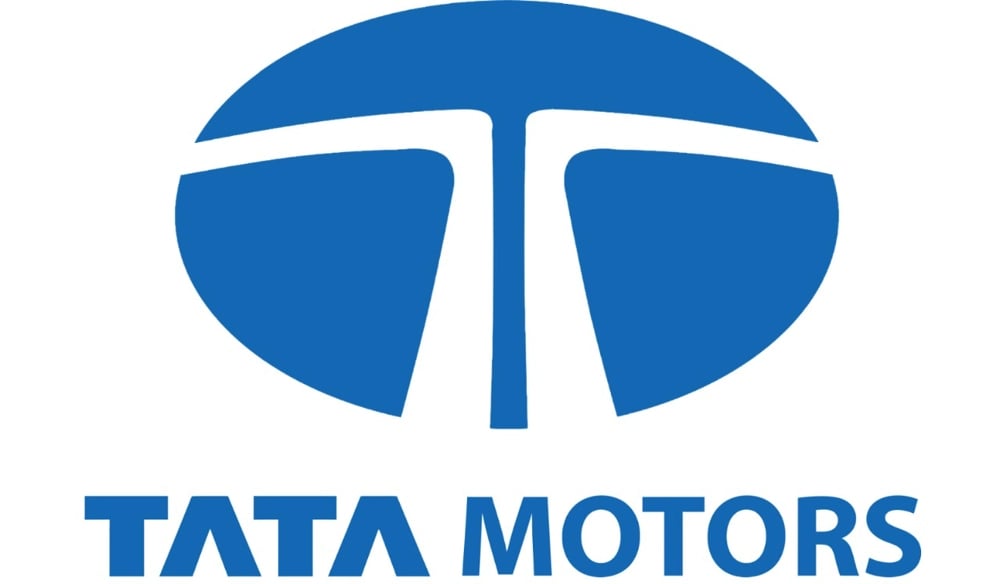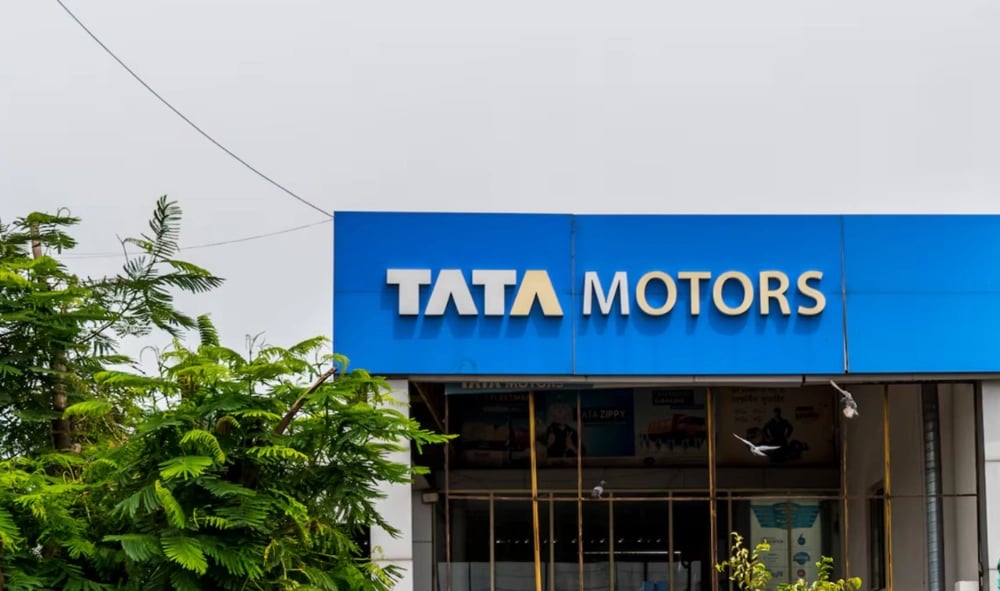Tata Motors Shares Slide as JLR EBIT Forecast Cut on Tariff Concerns
Shares of Tata Motors Ltd. $TATAMOTORS.NS declined by over 5% during early trading on Monday, following a downward revision of earnings expectations for its British luxury subsidiary Jaguar Land Rover (JLR). The company now projects an EBIT margin between 5% and 7% for FY26, significantly below the previously communicated target of 10%, citing the potential impact of proposed U.S. import tariffs on foreign vehicles. The revised margin forecast also reflects a reduction from the 8.5% EBIT margin achieved in FY25, indicating margin compression amid an increasingly protectionist trade environment and cost pressure across the automotive value chain.
Exposure to Tariff Risks
As global automakers assess the economic consequences of the U.S. tariff proposal, Tata Motors emerges as one of the most exposed Indian manufacturers, given its full ownership of JLR—a brand heavily reliant on exports, particularly to North America. With former U.S. President Donald Trump advocating tariff hikes on imported vehicles, the risk of supply chain disruption and deteriorating price competitiveness has intensified.

Structural Margin Headwinds
The current projection implies a year-on-year decline in JLR’s operational profitability despite ongoing restructuring efforts and new EV model rollouts. The macroeconomic backdrop—including high input costs, evolving emissions regulations, and tightening credit conditions—adds further constraints to margin expansion initiatives.
Factors Pressuring FY26 EBIT Margins:
Prospective U.S. tariff implementation on vehicle imports;
Slower-than-expected recovery in premium vehicle demand;
Currency volatility and inflation in key markets;
R&D cost escalation due to EV transition;
Limited pricing flexibility amid rising global competition.
Strategic Implications for Tata Motors
The downgrade places renewed scrutiny on Tata Motors’ turnaround strategy for JLR, especially as the unit plays a central role in driving the group’s consolidated profitability. The announcement also clouds visibility around future capital allocation, dividend expectations, and free cash flow guidance. Despite operational improvements in FY25, the revised outlook suggests that external geopolitical and trade developments now present material downside risks to margins and cash generation in the near term.

Conclusion: Tariff Threats Reshape Expectations
Tata Motors’ downward EBIT guidance for JLR signals rising external pressures on its international operations, particularly in tariff-sensitive geographies like the U.S. The stock’s sharp intraday decline underscores market concerns about earnings sustainability and competitive positioning. As trade tensions evolve, investor focus will remain on the company’s ability to preserve profitability without compromising its investment in innovation and electrification.















Comments
This revision raises concerns about Tata's competitive edge in a challenging market; can they adapt quickly enough?
Forward-thinking financial decisions are accelerating unprecedented expansion in automation technologies